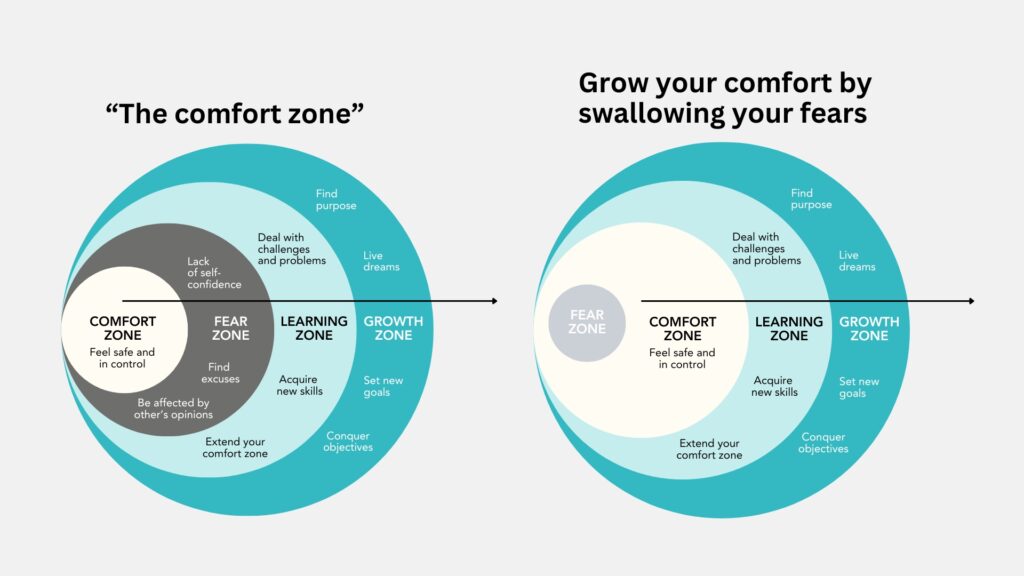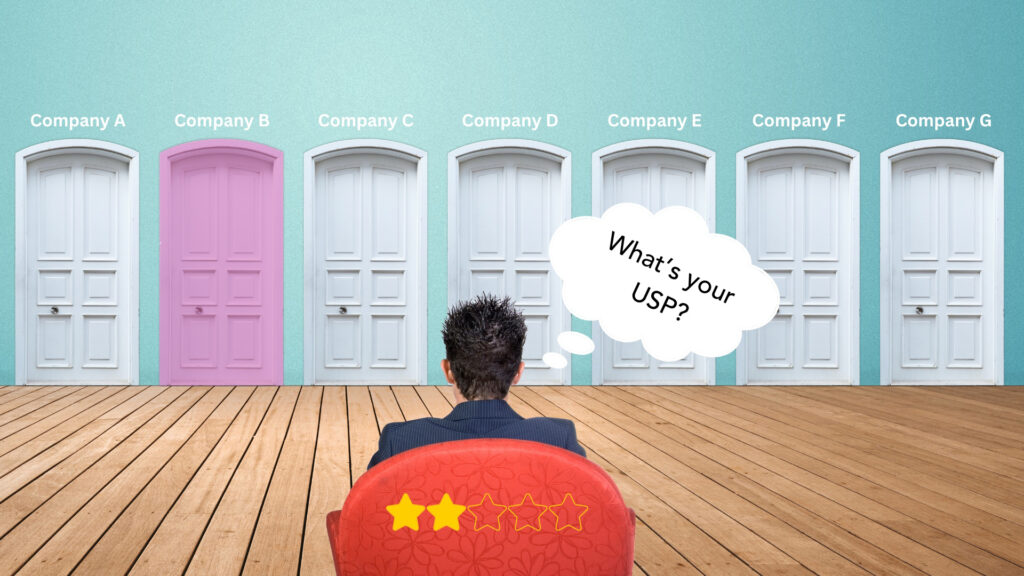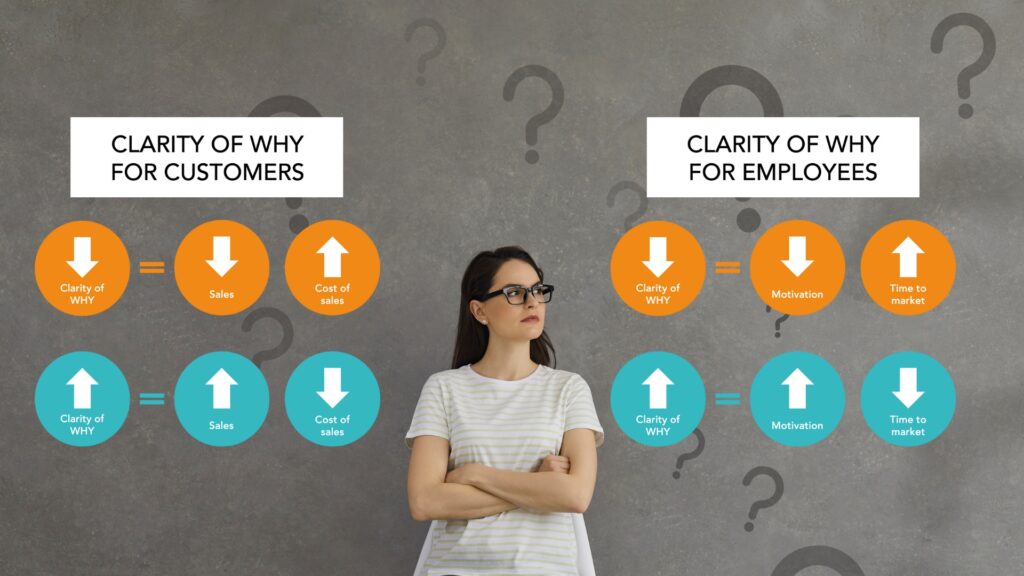Be a genius maker
Summary: Leadership effectiveness hinges on a leader’s attitude toward the intelligence of others. Diminishing leaders focus on their own abilities, often unintentionally draining energy, creativity, and capability from their teams. In contrast, multiplying leaders amplify the talents and intelligence of those around them, fostering growth, innovation, and resilience. Multipliers attract top talent by creating environments where people thrive. They liberate individuals to share ideas freely, challenge their teams to achieve ambitious goals, encourage robust discussions for better decision-making, and invest in developing others to reach their full potential. While diminishing leaders may achieve short-term results, they fail to unlock the full capacity of their teams, limiting long-term impact. To remain relevant and ensure organizational success, leaders must move beyond diminishing tendencies and embrace the principles of multiplying leadership. Becoming a genius maker is essential in a modern organizational landscape where only those who empower others will thrive.









